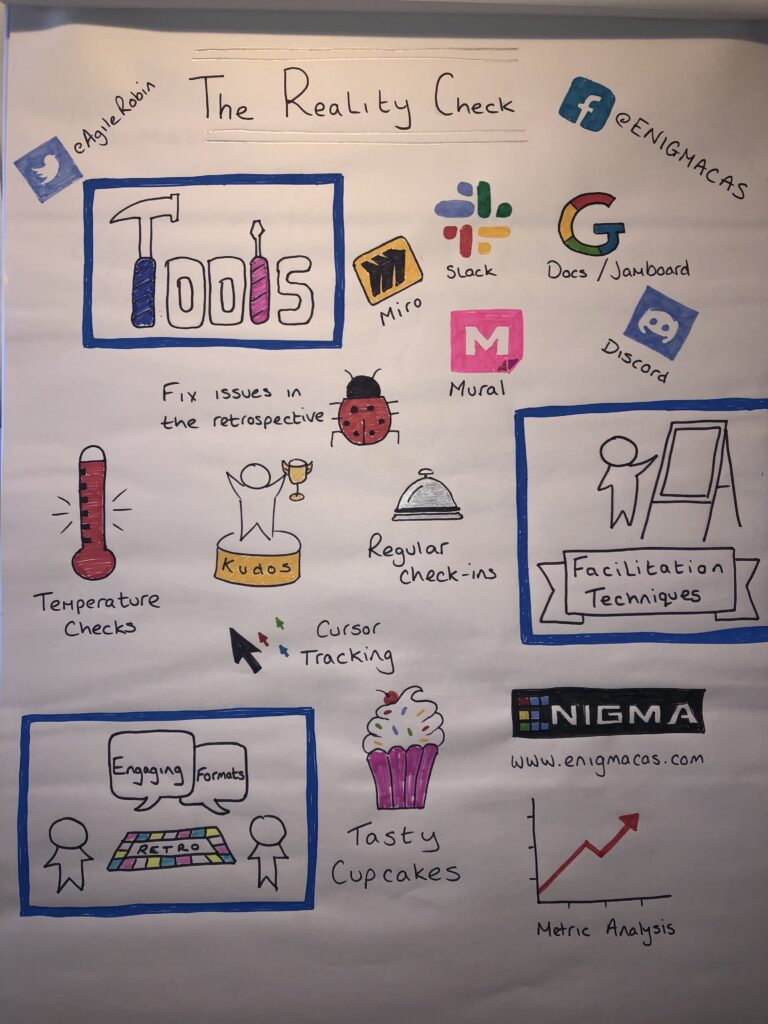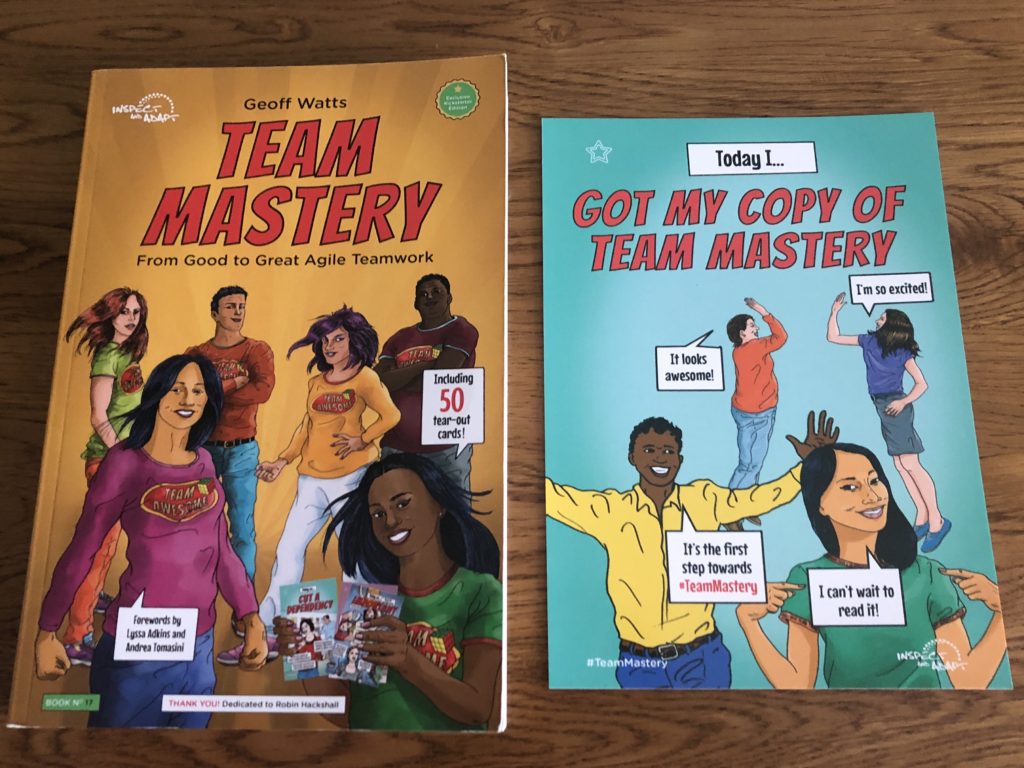Understanding Scrum: 6 parallels between cricket and Scrum

Understanding Scrum can be difficult. The use of analogies and metaphors can help. This blog post explores the parallels between cricket and Scrum that could be used to assist in understanding Scrum.
Why an ‘unhappy’ team could be a sign of a successful Scrum Master
This blog post looks at measuring team happiness and how an ‘unhappy’ team could the a sign of a successful Scrum Master
The Scrum Mastery Pathway
Over the last few weeks you may have seen a number of LinkedIn posts, articles, and tweets relating to the Scrum Mastery Pathway™. Hopefully those artefacts have sparked your interest in what is a new and exciting development journey for Scrum Masters. Based upon the RE-TRAINED model from Geoff Watts book Scrum Mastery, the Scrum […]
The Reality Check – Remote Retrospectives

Last week I was privileged to co-host a round table discussion with Jonathan Howell on remote retrospectives as part of his ‘Reality Check’ series of discussion events, hosted by Emma Alston of Transition Partners. ‘Reality Check’ round table discussions focus on three questions:- What are we trying to achieve? What is happening on the ground? […]
Are Your team members Resourceful Thinkers?
The Scrum Guide states, “Scrum is not a process, technique, or definitive method. Rather, it is a framework within which you can employ various processes and techniques” Scrum Guide, P3 The Scrum Guide describes the roles that people might assume, the events that they need to attend, and the artefacts that should be produced. However, because Scrum is a […]
Are your team members Reflective Learners?
The Scrum framework provides a number of Scrum Events at which it is possible to reflect and learn, and, inspect and adapt using the progress that has been made to date as a yard stick. These events may occur at the beginning, during or end of a Sprint and include:- The Sprint Review. What have we […]
Does your team consist of Team Workers?
The word ‘team‘ is one of the most commonly used words in the Scrum Guide. References to the Scrum Team include: The team model in Scrum is designed to optimise flexibility, creativity, and productivity. Scrum teams deliver products iteratively and incrementally, maximising opportunities for feedback. The Scrum Guide, p6 Whether you are using Scrum or another software delivery […]
Does your team have Effective Participators?
Do you have individuals on your team who avoid picking up user stories that they perceive to be “too difficult” or “too big,”? Alternatively, you may have team members that avoid stories for which they may have little or no domain/technical knowledge? And, we have all been in a retrospective or planning session in which […]
Self-managers in Self-Organising teams
The Scrum Guide notes the following about the Scrum Team: Scrum Teams are self-organising and cross-functional. Self-organising teams choose how best to accomplish their work, rather than being directed by others outside the team. The Scrum Guide, p6 In order for a team to be self-organising, members of the Scrum Team may need to become self-managers. Some […]
Review: Team Mastery by Geoff Watts

Back in 2013 Geoff Watts published his first book, Scrum Mastery, which looked specifically at the role of the Scrum Master and how, “if organisations can create and support great ScrumMasters then those ScrumMasters will foster great teams and create environments that enable these teams to create great products.” Scrum Mastery, page 17 In Scrum […]
